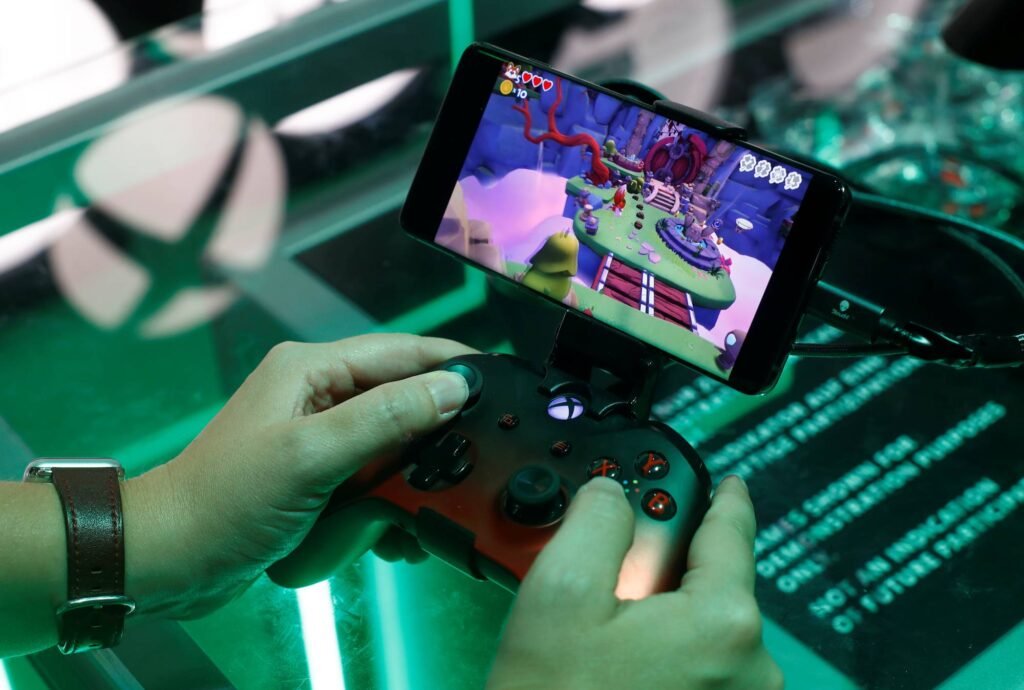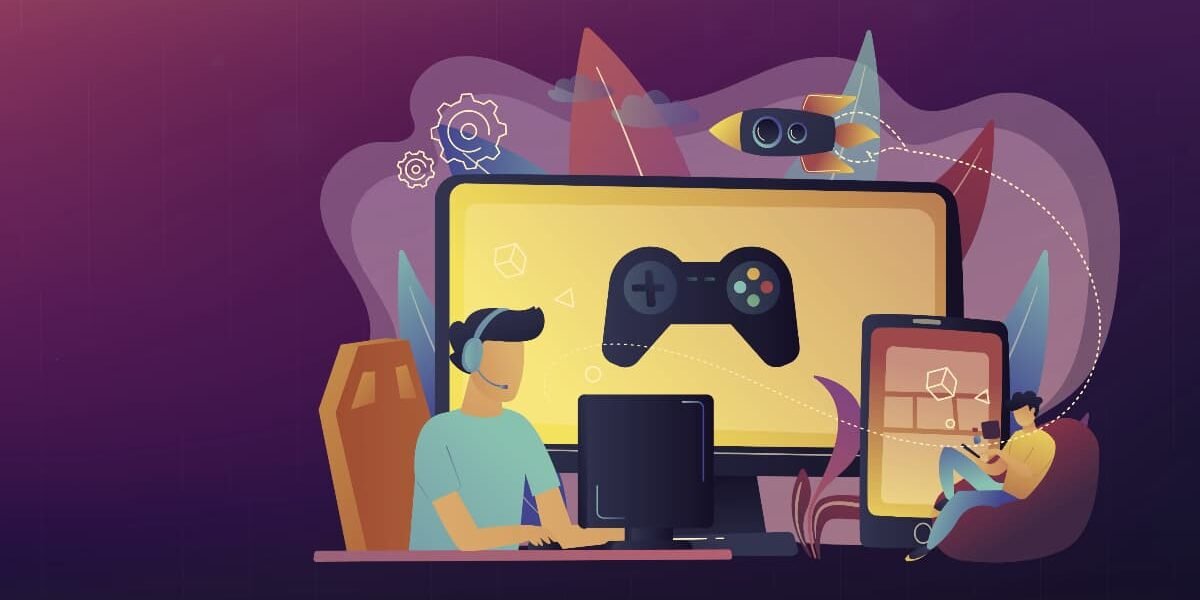The evolution of gaming technology has not only revolutionized the way we play but also how we interact, learn, and share cultures across borders. Today, games serve as virtual meeting places where people from different backgrounds can come together, share their experiences, and gain insights into cultures different from their own.

Gaming as a Global Language
One of the most remarkable aspects of modern gaming is its ability to transcend language barriers. Games like Fortnite, Minecraft, and Among Us are played by millions of people around the world, regardless of their native language. The universal appeal of these games lies in their gameplay mechanics, which are intuitive and accessible to players from any culture. Through gaming, players can communicate and collaborate with others globally, often using in-game actions, symbols, and emotes as a shared language.
For example, in Minecraft, players from different countries can collaborate on building projects, learning about each other’s architectural styles, and incorporating cultural elements into their creations. This collaborative process not only fosters creativity but also promotes an appreciation for diverse cultural expressions.
Cultural Representation in Games
As gaming technology has advanced, so too has the representation of different cultures within games. Modern video games often feature richly detailed worlds inspired by real-life cultures, allowing players to explore and engage with these settings in ways that were previously impossible. Games like Assassin’s Creed series, for instance, take players on journeys through historical periods and places, such as ancient Egypt, Renaissance Italy, and feudal Japan, offering immersive experiences that bring these cultures to life.
These representations provide players with an opportunity to learn about history, traditions, and customs in an interactive way. Moreover, the growing emphasis on cultural authenticity has led developers to collaborate with historians, cultural consultants, and local communities to ensure accurate and respectful depictions of the cultures they represent.
Online Communities and Cross-Cultural Interaction
The rise of online multiplayer games has created global communities where players from different parts of the world can interact and form lasting friendships. Platforms like Discord, Twitch, and Reddit host vibrant gaming communities where players discuss strategies, share fan art, and exchange cultural knowledge. These interactions often lead to a deeper understanding of different cultures, as players discuss everything from local customs to culinary traditions.
In massively multiplayer online games (MMOs) like World of Warcraft and Final Fantasy XIV, players frequently form international guilds and teams, working together to achieve common goals. These cooperative experiences break down cultural barriers and build a sense of global camaraderie. Players often share stories about their lives, traditions, and experiences, enriching the gaming experience with diverse perspectives.

Indie Games as Cultural Ambassadors
The indie game movement has further expanded the role of gaming in cultural exchange. Independent developers, often from diverse backgrounds, have created games that explore their unique cultural identities and stories. Titles like Never Alone (Kisima Inŋitchuŋa), developed in collaboration with the Iñupiat, an Alaska Native people, offer players a window into the folklore, language, and traditions of indigenous cultures.
Indie games often tackle social and cultural issues that are specific to the developers’ regions, providing a platform for voices that are rarely heard in mainstream media. By playing these games, players around the world gain insights into the struggles, joys, and daily lives of people from different cultures, fostering empathy and understanding.
Esports and Global Competitions
The rise of esports has turned gaming into a global spectator sport, with tournaments attracting millions of viewers from around the world. Events like The International (Dota 2), League of Legends World Championship, and Overwatch League bring together players and fans from diverse backgrounds, creating a shared global culture centered around competitive gaming.
These events showcase not only the skill and dedication of players but also the cultural diversity of the global gaming community. National teams and players often bring their unique cultural influences into the competition, whether through their playstyles, in-game tactics, or even the way they celebrate victories. Esports tournaments have become a platform where cultures intersect, and where national pride and global unity coexist.
The Role of VR and AR in Cultural Immersion
Virtual reality (VR) and augmented reality (AR) technologies are pushing the boundaries of cultural immersion in gaming. With VR, players can step into fully realized worlds that replicate real-life cultural environments. For instance, VR games that recreate famous landmarks or cultural festivals allow players to experience these events as if they were physically present.
AR technology, on the other hand, enhances the real world with digital elements, allowing for interactive cultural experiences in everyday environments. Games like Pokémon GO have encouraged players to explore their surroundings, often discovering cultural landmarks and learning about local history in the process.
Conclusion
Gaming technology has evolved into a powerful tool for global culture sharing, breaking down barriers and fostering understanding among people from different backgrounds. Through shared gaming experiences, cultural representation in games, and the growth of online communities, players around the world are engaging in a virtual cultural exchange that enriches their lives and broadens their perspectives. As gaming technology continues to advance, it will undoubtedly play an even greater role in bringing the world closer together, one game at a time.




